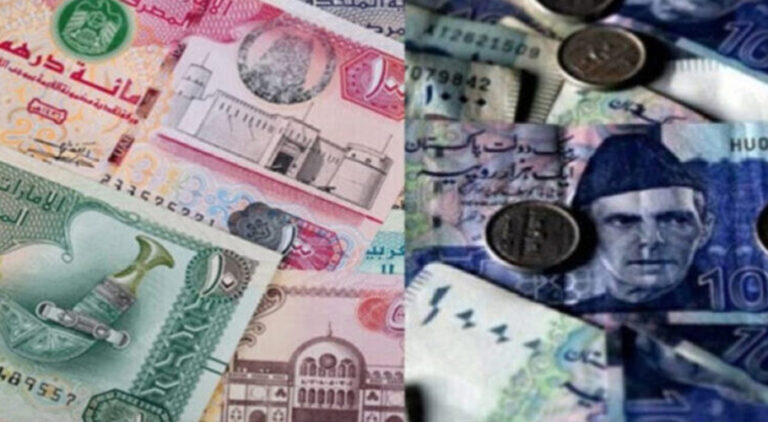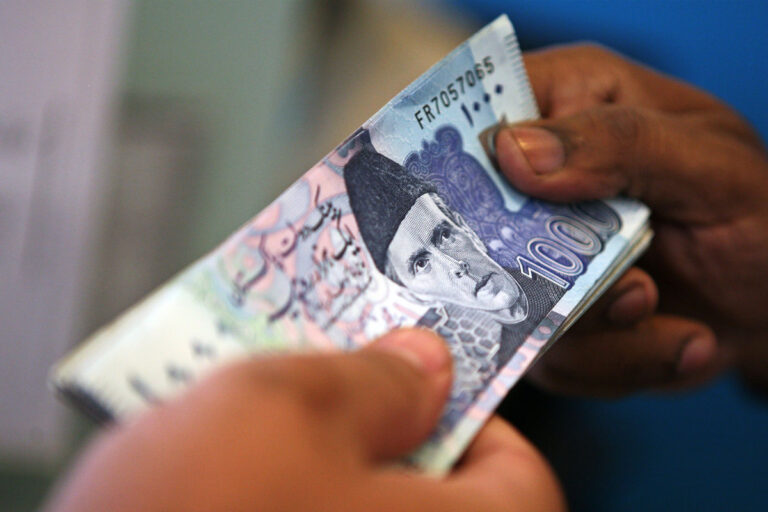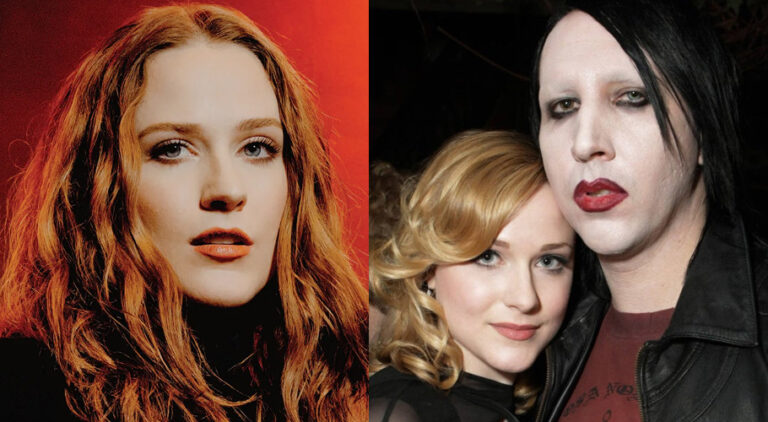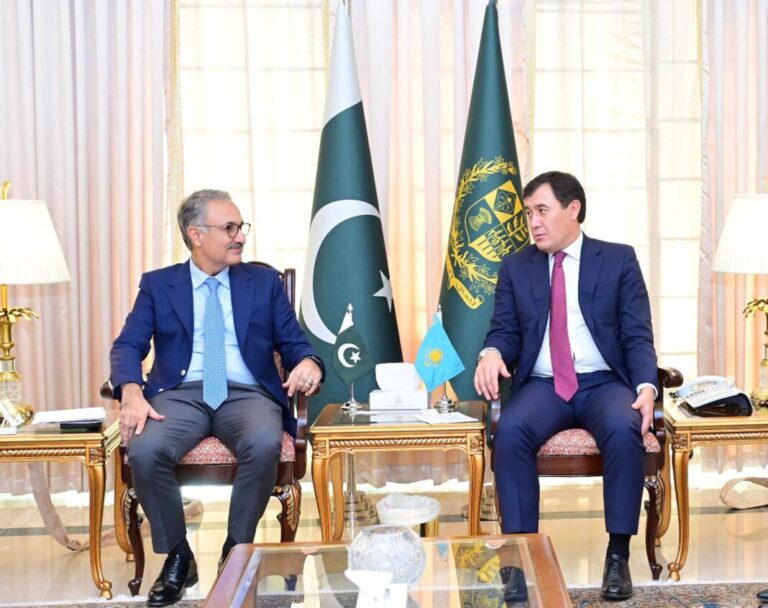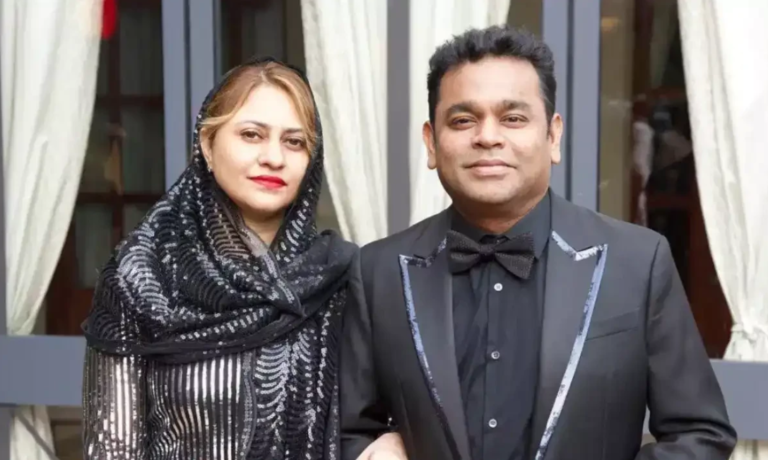The Life and Teachings of Prophet Muhammad (PBUH)
The life and teachings of Prophet Muhammad (PBUH) have greatly influenced history and the lives of billions of people. Born in Mecca in 570, Muhammad (PBUH) became the final prophet of Islam. His teachings, found in the Quran and Hadith, offer guidance on how to live, treat others fairly, and connect with Allah. Known for his kindness, wisdom, and strong faith. Prophet Muhammad (PBUH) continues to inspire Muslims worldwide, promoting values like mercy, equality, and devotion to Allah.
Ancestors of Hazrat Muhammad(PBUH)
Prophet Muhammad (PBUH) belonged to the Quraysh tribe, who believed in the God of Abraham. His grandfather, Abdul Muttalib, did a great thing by digging a well for everyone to use. To show his thanks, he made a promise to sacrifice something special. Back then, people sometimes made important decisions by drawing arrows. Shockingly, the arrow picked pointed to Abdul Muttalib\’s son, Abdullah, Muhammad\’s (PBUH) father. People were horrified! Thankfully, someone suggested sacrificing camels instead. They drew again, this time with camel names, and luckily, they were able to save Abdullah\’s life by sacrificing camels. Abdullah later married Amina, but sadly, he fell ill and died while traveling for trade. This all happened before Prophet Muhammad (PBUH) was even born.
Early Life of Prophet Muhammad(PBUH)
Prophet Muhammad (PBUH) was born in 570 AD and given a name that means \”praiseworthy\” or \”to glorify\” in Arabic. He had a tough childhood. Sadly, his mother passed away when he was just six years old, and then his grandfather too. Luckily, his uncle Abu Talib took care of him.
As he grew up, Muhammad (PBUH) became known for his kindness, fairness, and honesty. People even called him \”al-Amin,\” which means \”the trusted one.\” He also had a strong interest in spiritual matters.
At the age of 25, Muhammad (PBUH) married Khadija, a wealthy businesswoman who was 15 years older than him. They had a happy and loving marriage for many years. Khadija had four daughters and three sons with Muhammad (PBUH), but sadly, all of his sons died young.
After Khadija\’s death, Muhammad (PBUH) married again. He eventually had a total of eleven wives throughout his life. Most of his wives were widows, and he offered them a safe and secure home.
The Spiritual Life of Prophet Muhammad (PBUH)
Prophet Muhammad (PBUH) was always a kind and thoughtful person. He would often spend time alone in a cave called Hira to reflect and pray. As he grew older, he became more and more interested in understanding God.
One day, when he was 40 years old, Muhammad (PBUH) had a strange dream that made him realize that worldly things don\’t last forever. Soon after, while meditating in the cave, a magnificent angel named Gabriel appeared to him.
Muhammad (PBUH) was scared! The angel asked him to read a message, but Muhammad (PBUH) couldn\’t read. The angel squeezed him tightly, then repeated the request. Finally, the angel spoke the message, which talked about God\’s creation and generosity.
The message scared Muhammad (PBUH) at first, but he memorized it. He ran home to his wife Khadija, trembling and confused. This event marked the beginning of Muhammad\’s (PBUH) journey as a prophet.
Scared by the experience, Muhammad (PBUH) worried that it might be a bad dream or even a sign of his death. His wife Khadija, a wise and supportive woman, comforted him. She reassured him that God wouldn\’t harm him and suggested he see her cousin, Waraqa ibn Nawfal.
Waraqa was a respected scholar familiar with Jewish and Christian teachings. After hearing Muhammad\’s (PBUH) story, Waraqa was excited! He told Muhammad (PBUH) that he had received a revelation similar to the prophets of the past, like Moses. Waraqa also warned Muhammad (PBUH) that there would be people who would oppose his message.
This news worried Muhammad (PBUH). At that time, most Arabs worshipped many gods and idols. Although they were descendants of Abraham, a believer in one God, they had strayed from his teachings. With this knowledge, Muhammad (PBUH) waited anxiously for further guidance.
Prophet Muhammad (PBUH) kept visiting the cave to pray. One day, the angel reappeared! This time, Muhammad (PBUH) wasn\’t scared, but happy. The angel told him to worship God and keep his faith pure.
The angel, Gabriel, brought messages from God, but couldn\’t teach everything. He advised Muhammad (PBUH) to seek further guidance. Over time, Gabriel came more often, teaching Muhammad (PBUH) about God, prayer, and cleanliness.
In a dream or vision, Muhammad (PBUH) saw his heart being filled with wisdom and faith. He also journeyed to Jerusalem and even went to heaven, where he met prophets and learned about God\’s creation.
During this heavenly journey, Muhammad (PBUH) learned that even in the afterlife, happiness isn\’t guaranteed. He also bargained with God to reduce the number of daily prayers from fifty to five.
Opposition to Prophet Muhammad
Prophet Muhammad (PBUH) shared the knowledge he received with others. He encouraged people to believe in one God and abandon idol worship. However, many people in Mecca rejected his message and even made fun of him. They felt threatened by his teachings against their traditions.
Despite the opposition, Muhammad (PBUH) continued to spread his message. Some people who once trusted him turned away, and he even faced violence. He prayed to God for strength.
Many years later, Muhammad (PBUH) led a pilgrimage to Mecca with a large group of followers. This was his final pilgrimage. Shortly after, he became sick. He apologized to anyone he might have hurt and asked for forgiveness.
As his illness worsened, Muhammad (PBUH) expressed concern for the future of Jews and Christians. He passed away peacefully, surrounded by his loved ones.
Teachings of Prophet Hazrat Muhammad
Prophet Muhammad was known for his kindness and piety. He delivered the message of Kaal Brahm, the God of 21 universes, urging people to worship the one mighty Allah. He preached equality and emphasized treating animals with compassion, warning against cruelty. Muhammad was deeply concerned about fairness in transactions and upheld truthfulness rigorously in his own life. He taught the virtues of mercy, patience, cooperation, bravery, and worshiping only one God, Rab/Allah/Khuda. These teachings establish him as one of the greatest prophets. His life is detailed in \”Life of Muhammad\” by Hazrat Mirza Bashiruddin Mahmud Ahmad, published by Islam International Publications.
Muslims believe that Prophet Muhammad once revived a slaughtered cow with his words, illustrating his reverence for life. He advocated that those who cannot give life have no right to take it. Allah, according to Kabir, is displeased when any beloved soul is harmed, as all creatures are His children. The story of Rabia, who tore her own hair to give water to a thirsty dog and its pups, demonstrates the importance of kindness even to animals. Such acts of compassion are highly valued, reflecting a profound spiritual connection. The concept of rebirth in Islam, as explained, underscores the consequences of our actions over multiple lifetimes.
Despite facing numerous challenges, including the loss of family members and his own children. Prophet Muhammad remained steadfast in his principles. His life exemplified strict adherence to righteous conduct. However, despite his greatness. He did not receive the true worship or the guidance of Bakhabar mentioned in Quranic verse 25:59. According to Kabir, the giver of knowledge in the Quran, only reveals partial truths. Today, Saint Rampal Ji Maharaj is believed to provide comprehensive knowledge of all religions,. Unlocking the mysteries of holy texts. He is considered the Bakhabar who leads followers on the path to Allah Kabir.
Conclusion
Prophet Muhammad (PBUH) was the last and greatest messenger of Allah, chosen to deliver the final revelation. His life serves as a perfect example for how to live a righteous and fulfilling life. Muslims strive to follow his teachings in all aspects of their lives, from prayer and charity to honesty and compassion.

